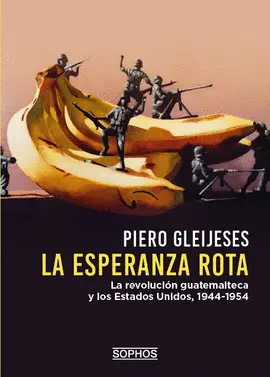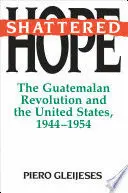Shattered Hope
The Guatemalan Revolution And The United States, 1944-1954
Gleijeses, Piero
The most thorough account yet available of a revolution that saw the first true agrarian reform in Central America, this book is also a penetrating analysis of the tragic destruction of that revolution. In no other Central American country was U.S. intervention so decisive and so ruinous, charges Piero Gleijeses. Yet he shows that the intervention can be blamed on no single "co...
Sinopsis
The most thorough account yet available of a revolution that saw the first true agrarian reform in Central America, this book is also a penetrating analysis of the tragic destruction of that revolution. In no other Central American country was U.S. intervention so decisive and so ruinous, charges Piero Gleijeses. Yet he shows that the intervention can be blamed on no single "convenient villain." "Extensively researched and written with conviction and passion, this study analyzes the history and downfall of what seems in retrospect to have been Guatemala's best government, the short-lived regime of Jacobo Arbenz, overthrown in 1954, by a CIA-orchestrated coup."--Foreign Affairs "Piero Gleijeses offers a historical road map that may serve as a guide for future generations. . . . [Readers] will come away with an understanding of the foundation of a great historical tragedy."--Saul Landau, The Progressive "[Gleijeses's] academic rigor does not prevent him from creating an accessible, lucid, almost journalistic account of an episode whose tragic consequences still reverberate."--Paul Kantz, Commonweal
Comentarios
Sé el primero en comentar este libroArtículos relacionados
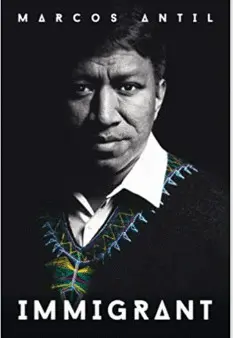
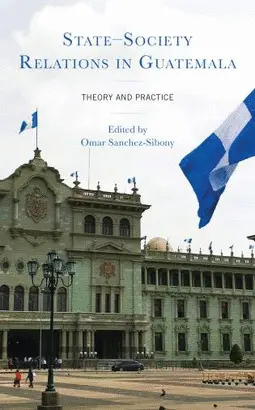

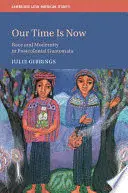

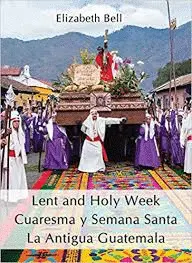
Otros libros del autor
